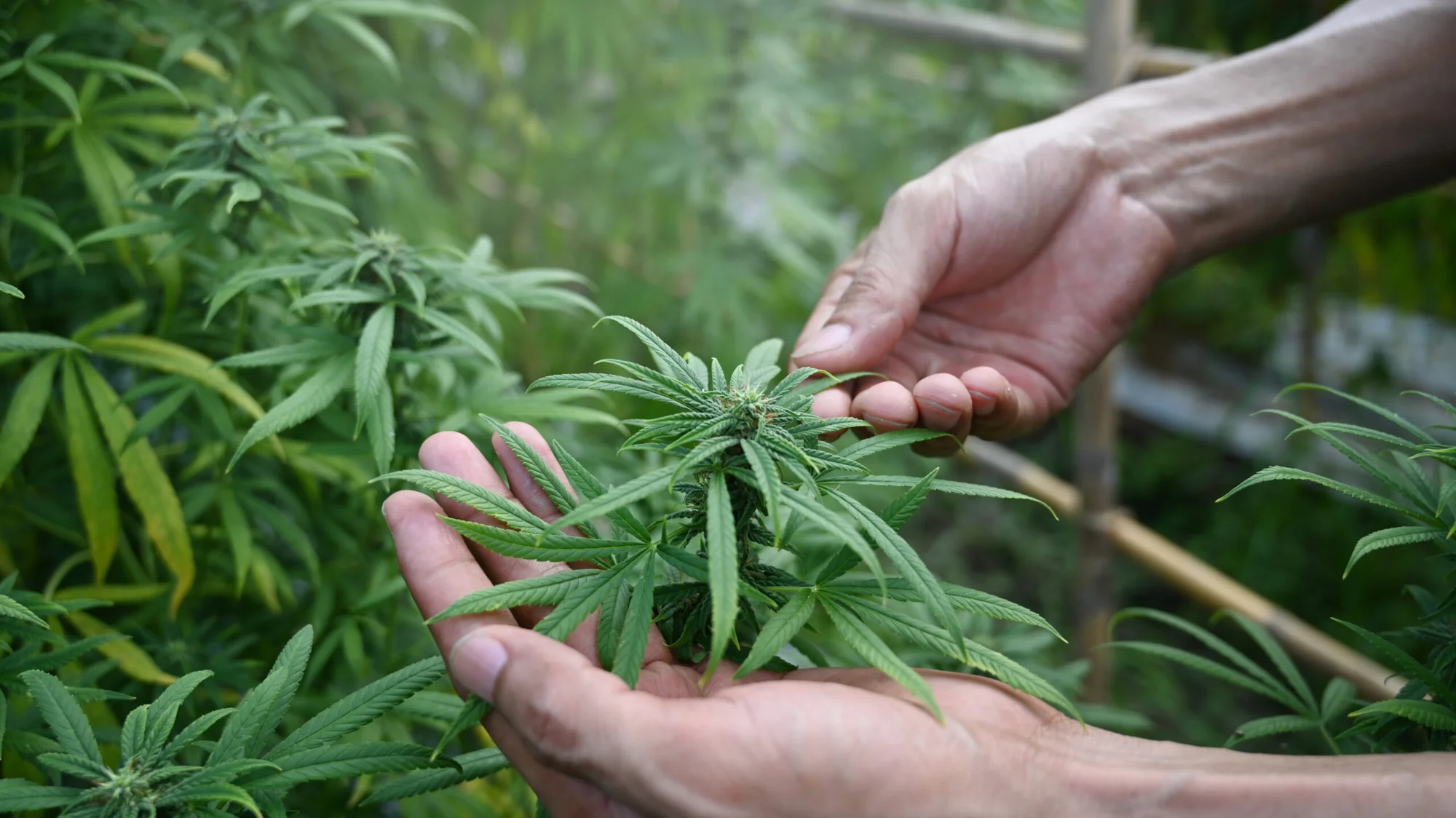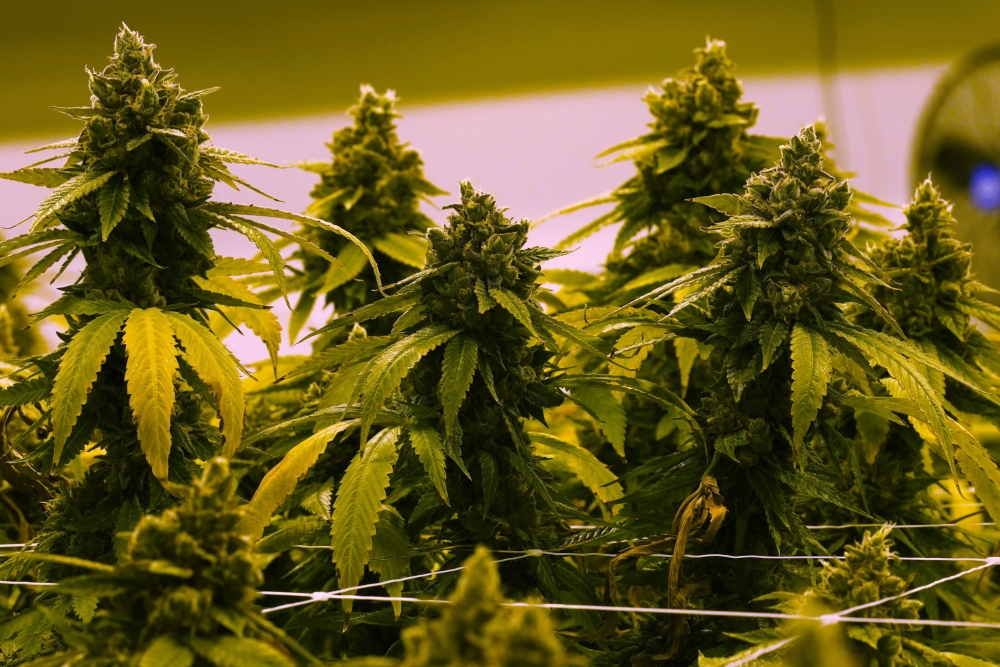A Minnesota district court judge has decided that the state can prosecute Native Americans for marijuana possession on most reservations, allowing a felony case against a White Earth man to move forward. This ruling is significant as it addresses state law enforcement’s authority over marijuana sales in Indian Country, following Minnesota’s legalization of recreational cannabis in 2023.
Todd Thompson, a citizen of the White Earth Nation, is facing felony charges for selling marijuana without a license at his tobacco store in Mahnomen. The charges carry a potential maximum sentence of five years in prison and a $10,000 fine. Thompson’s store was raided by Mahnomen County sheriff’s deputies and White Earth tribal police on August 2, 2023, just one day after recreational cannabis became legal in the state. Authorities seized about 7.5 pounds of cannabis, 433 grams of marijuana wax, and $2,748 in cash, along with Thompson’s cell phone and surveillance equipment.
Thompson challenged the charge in front of Mahnomen County District Judge Seamus Duffy, arguing that the state lacked jurisdiction over him. Under Public Law 280, Minnesota can prosecute tribal members for criminal acts on certain reservations, including White Earth, but not for civil or regulatory violations of state law. Thompson contended that the legalization of cannabis transformed possession and sales into a regulatory issue rather than a criminal one.
Judge Duffy disagreed with Thompson’s argument, stating that possessing “non-personal, non-recreational amounts of marijuana in public is generally prohibited.” He clarified that while the state can issue licenses for marijuana sales, this does not imply that the issue is solely regulatory. The judge referenced a previous case where a White Earth man was convicted for possessing a pistol without a permit on tribal land.
Thompson also claimed that prosecuting him for cannabis possession infringed on his rights under the 1855 Treaty with the Ojibwe, which grants the Ojibwe rights to hunt, fish, and gather on ceded lands. However, the judge pointed out that Thompson himself acknowledged marijuana was not used ceremonially in the 1800s. He emphasized that treaties protect tribal rights but not individual rights, stating that Minnesota’s law does not restrict the White Earth Nation’s authority to regulate marijuana on their lands.
Reflecting on the ruling, Thompson described it as “disappointing, but not surprising,” asserting that exercising his rights should not be controversial. He expressed concern that the state continues to disregard their sovereignty and legal traditions that predate Minnesota’s existence. Thompson’s attorney noted that they are reviewing options for an appeal, which could complicate the case further.




